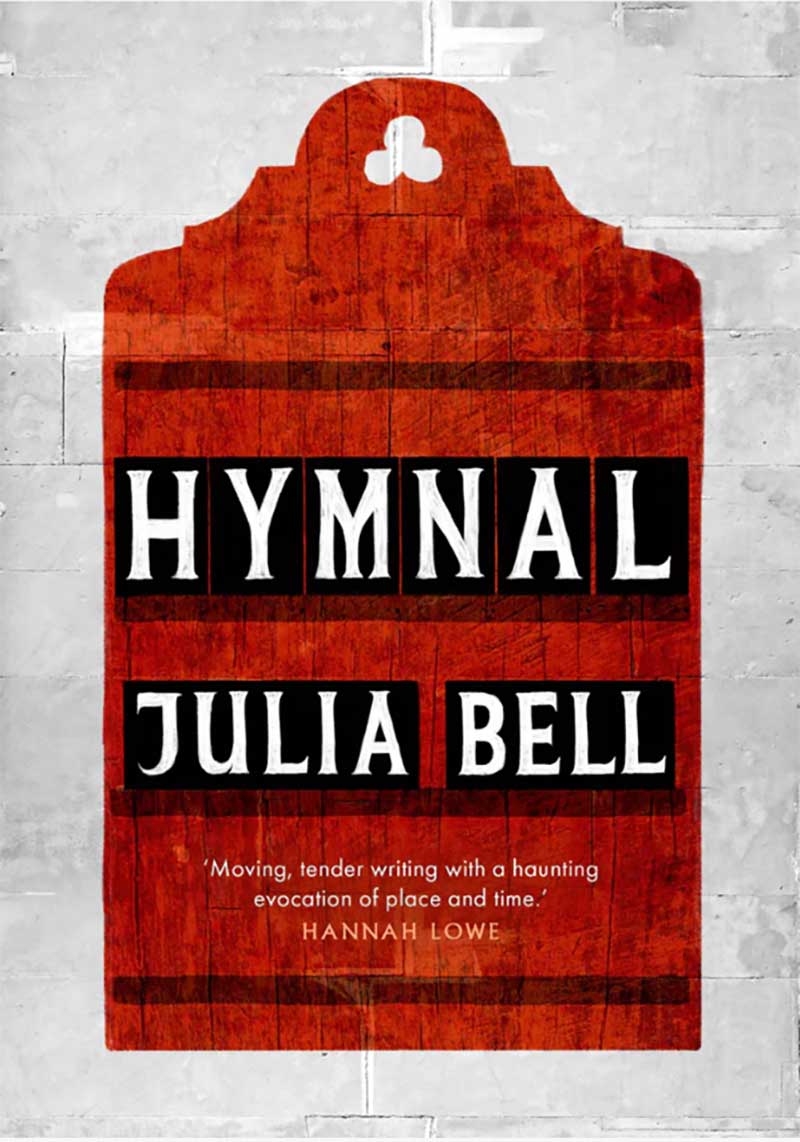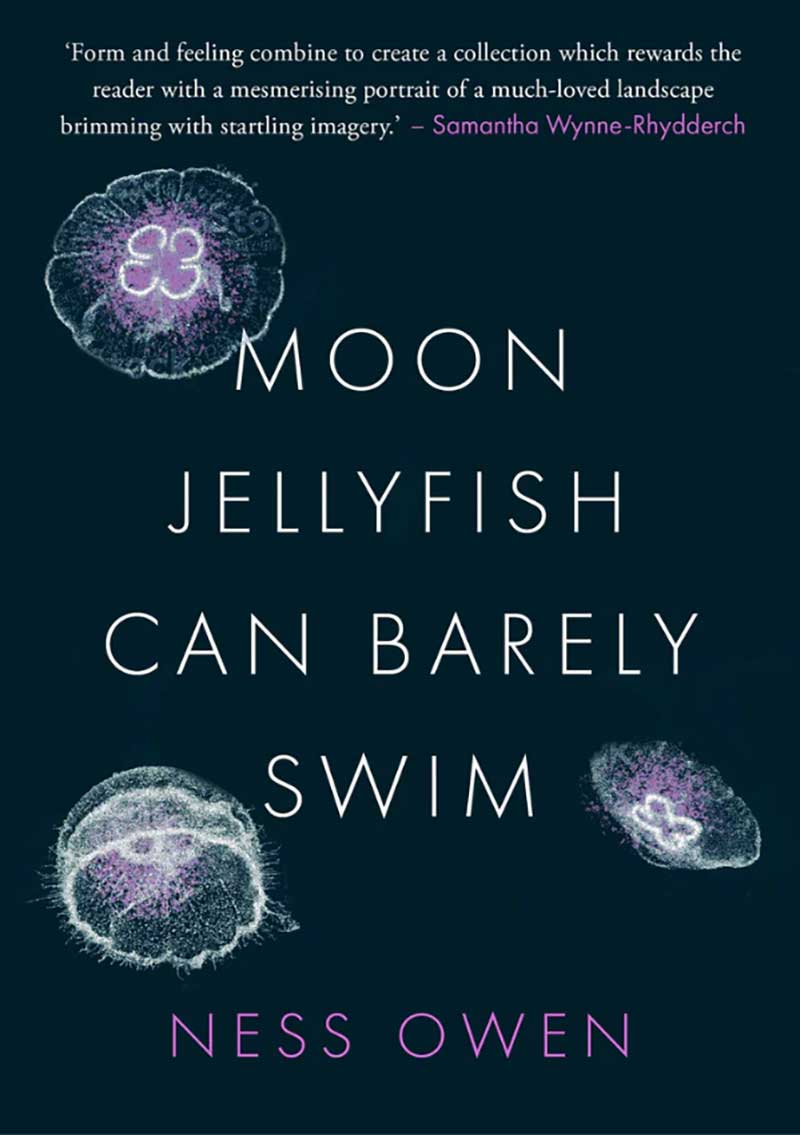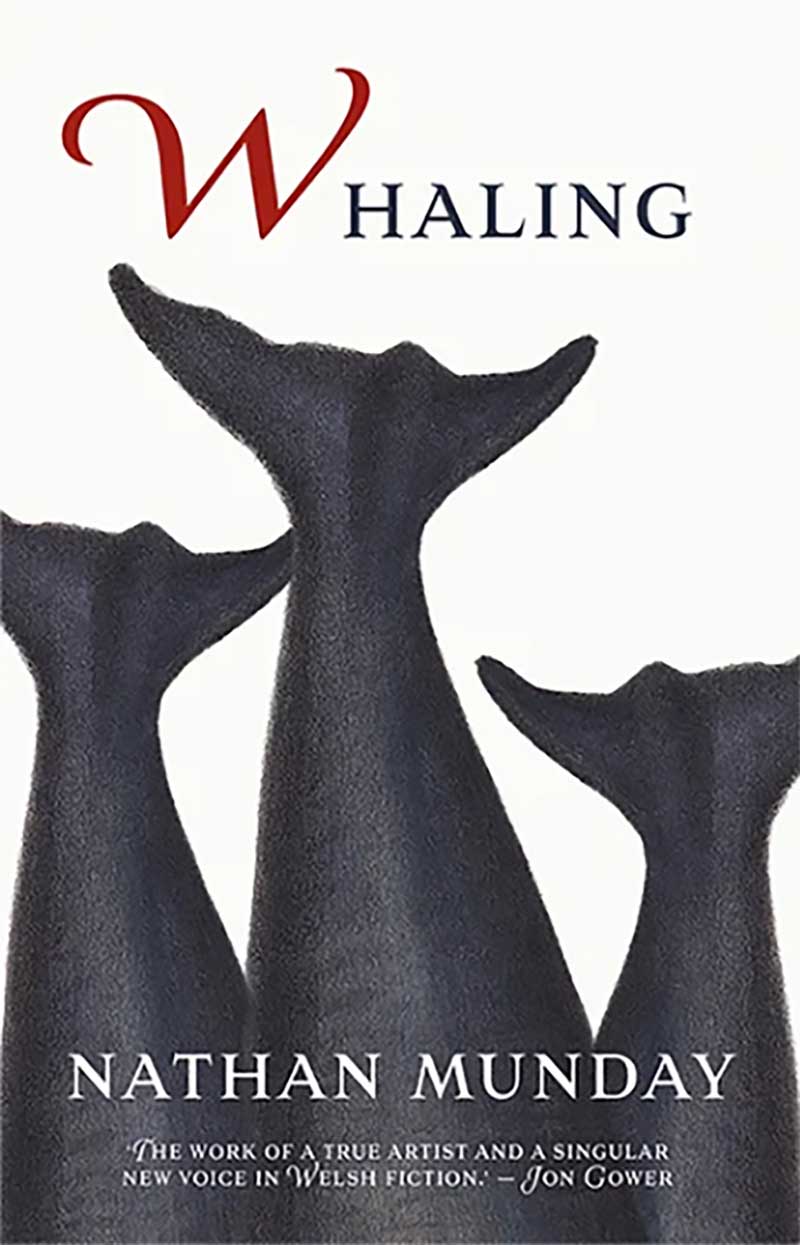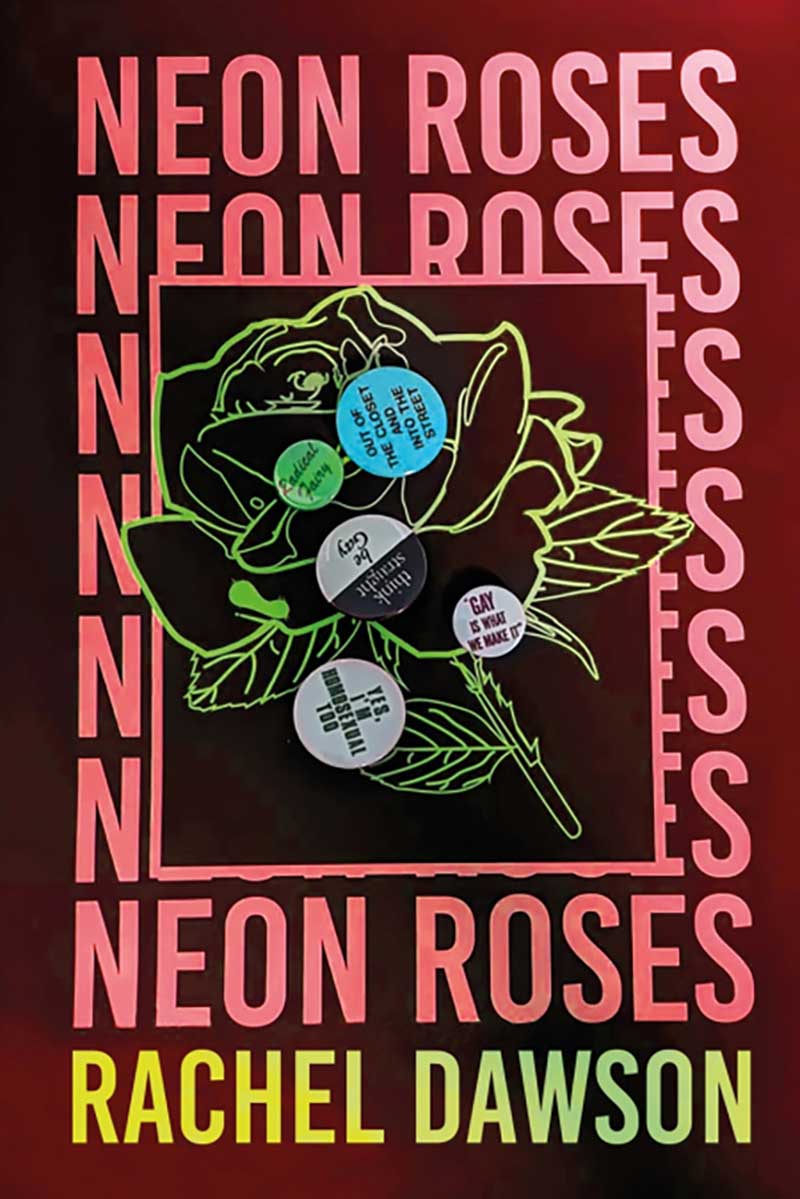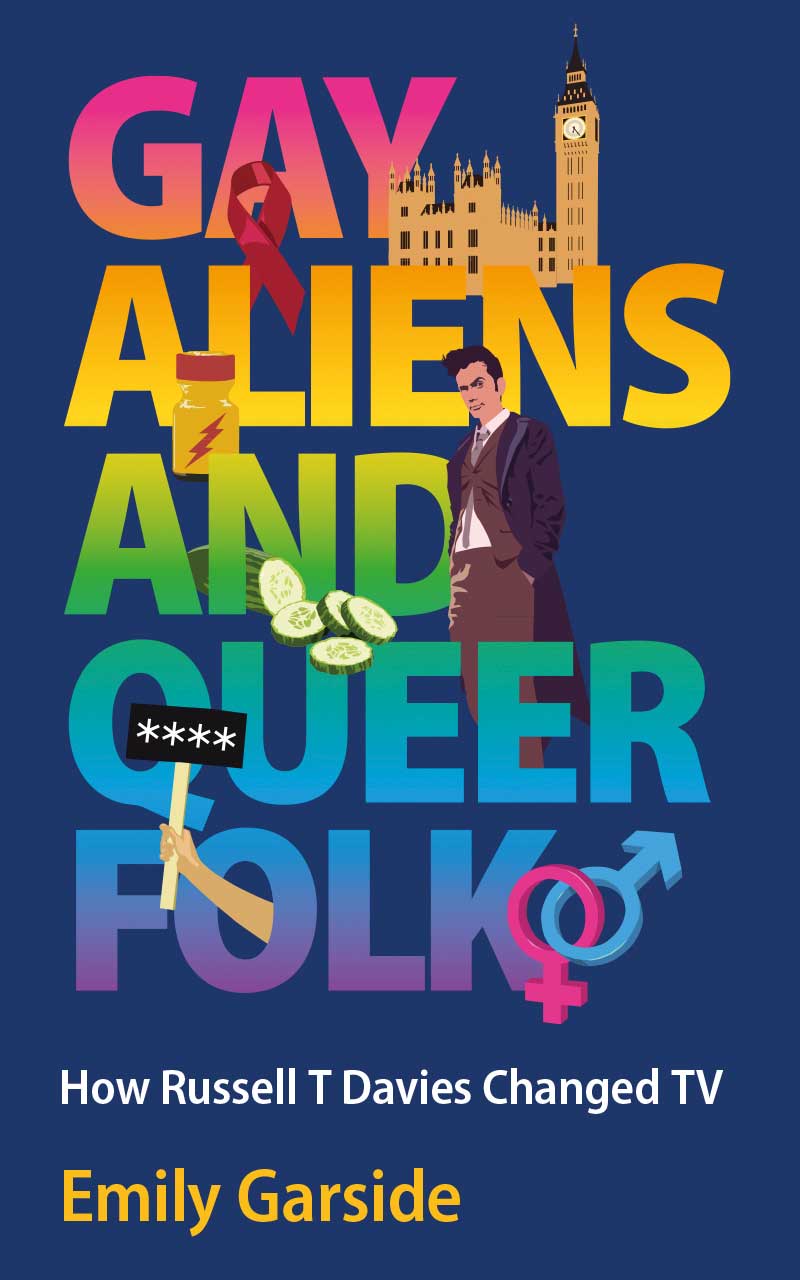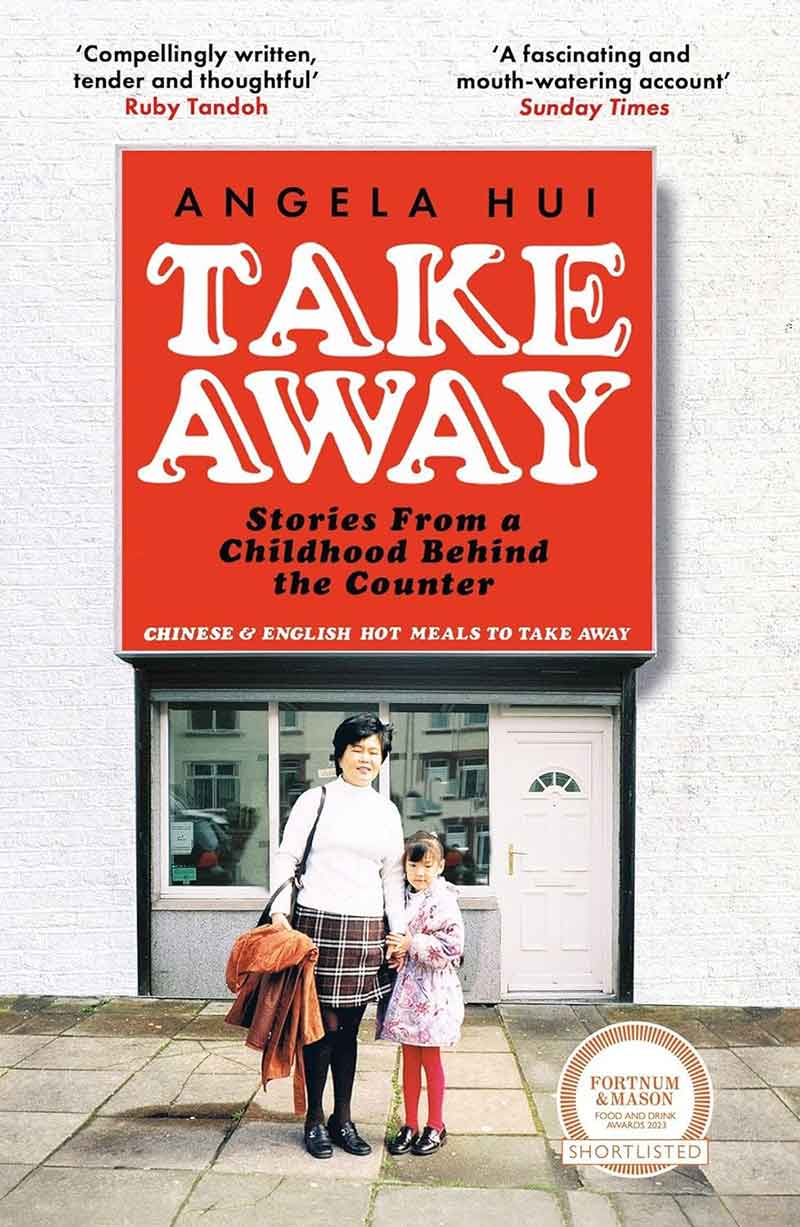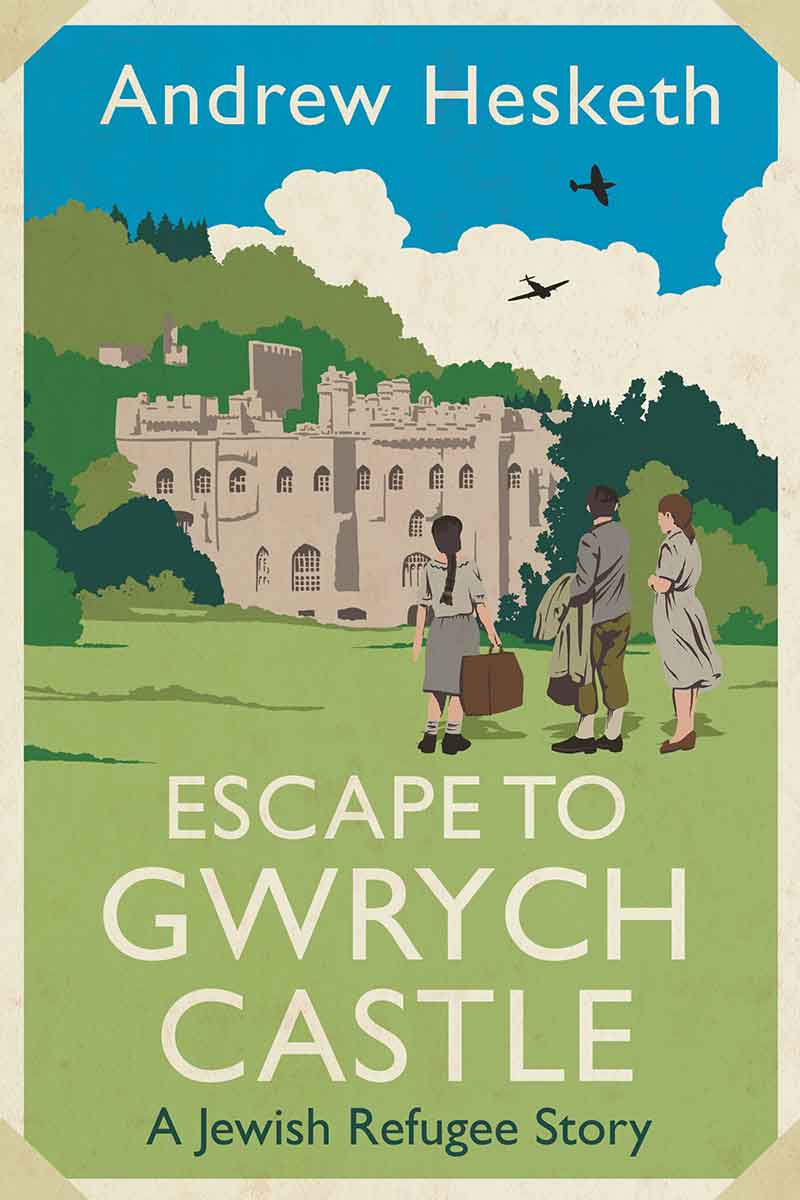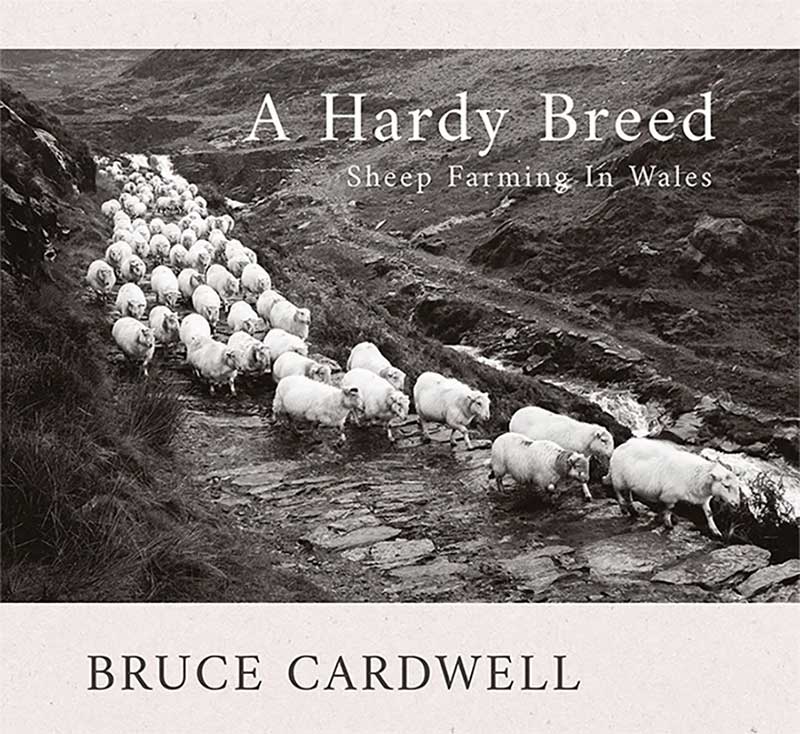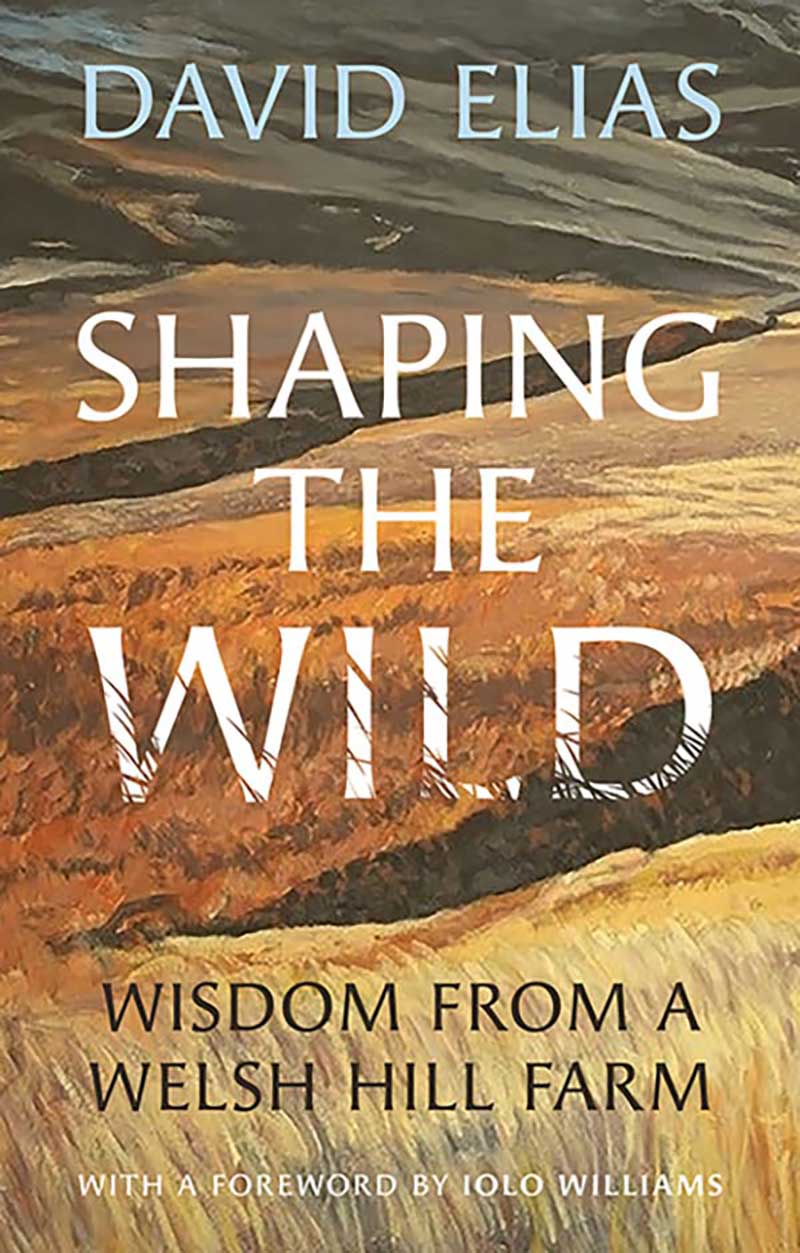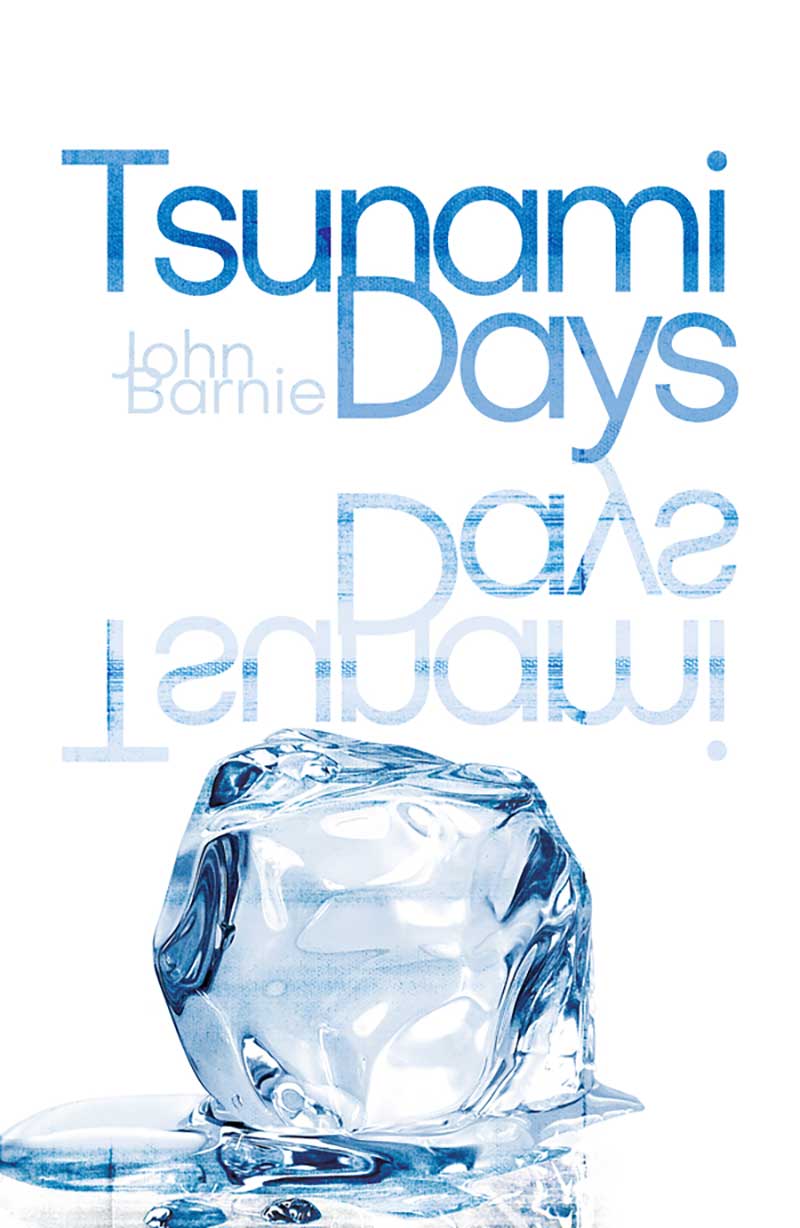Editorial by Emily Trahair
Read more
Drawing on everything from ancient myth and family history to forest schools and AI, Emlyn Phillips proposes a bold vision for how the Welsh language could flourish in a world where climate chaos takes hold, and Western power is transferred to the Global South.
Read moreTaking inspiration from the double-headed Romano-Celtic god Janus, this new series reflects on the past, present and future of a particular place in Wales. In this issue, as a warning from what’s to come, Niall Griffiths takes us to a secret location and a disturbing conclusion.
Read moreCongratulations to the winner of our New Writers’ Competition. Diffwys Criafol details the psychic damage from her experience of being evicted with a young child, the troubling class politics of the housing crisis in Wales, and how tenants’ unions need to be the seed for a wider ecosystem of mutual aid.
Read moreA year on from the Police Act, Allison Hulmes offers her perspective on the current situation faced by Gypsy, Romani and Traveller communities: empty rhetoric from the Welsh Government and hatred kindled by Tory politicians; and the deeper historical and cultural context to this injustice.
Read moreAs Black Lives Matter falls away from the media agenda, Beti Thomas draws on her own experience and interviews with activists to assess the success of the movement, and how participants negotiate cultural hybridity, Welsh Government policy and contestations over protest methods.
Read moreThis is the forty-eighth contribution to our Welsh Keywords series – inspired by Raymond Williams’ Keywords – which offers perspectives on words in Welsh and how shifting meanings continue to shape our society. Rowan Zhao explores both the generosity and division inherent in the idea of ‘croeso’.
Read moreA poem by Menna Elfyn
Read moreDylan Huw explores the tensions and creative possibilities at play in recent partnerships between the Welsh environmental sector and artists in the context of the climate emergency. How can institutional agendas converge with ecologically sensitive artistic freedom?
Read moreSteve Blandford looks beyond the headlines about Welsh theatre to celebrate the capital’s independent theatre scene, interviewing figures from Papertrail, Triongl and The Other Room to argue that the sector is thriving despite its precarity, and how greater support could be achieved.
Read moreRichard Mills explores surprising parallels between Wales and Bosnia: from centuries of conquest, working-class activism and the drowning of communities for infrastructure, to majestic bridges and collective commemoration of loss; and why this matters in terms of our common European history.
Read moreBook Review Section
An inescapable theme this time is the uncertain future. From Moon Jellyfish Can Barely Swim (by poet Ness Owen) to Tsunami Days (by former Planet editor John Barnie), the sea is a metaphor for the tides we ride.
Another theme is how young people cope when their very existence is contested. What was it like to grow up behind the counter of a Chinese takeaway in a Valleys village; or glued to queer TV programmes on secretly stashed VHS tapes; or even on a Jewish communal farm in a north Wales castle during World War Two? We also see how the Welsh countryside may combine the best of farming, conservation and experiment.
I hope you find these reviews absorbing and that they tempt you to read some new titles. Editing these pages over the course of twelve months – and getting a glimpse of so many new books – has been a very rewarding task, made smoother by help from Emily and the Planet team, as well as our terrific contributors. I am very grateful to everyone involved and wish all the best to Steven Lovatt, who succeeds me as guest book review editor for the coming year. I will be putting my feet up and reading more of the books myself!
Helen Sandler is a writer and editor who runs Tollington Press, publishing new books by women. She also co-programmes Aberration, the LGBT+ arts night in Aberystwyth: www.aberration.org.uk

